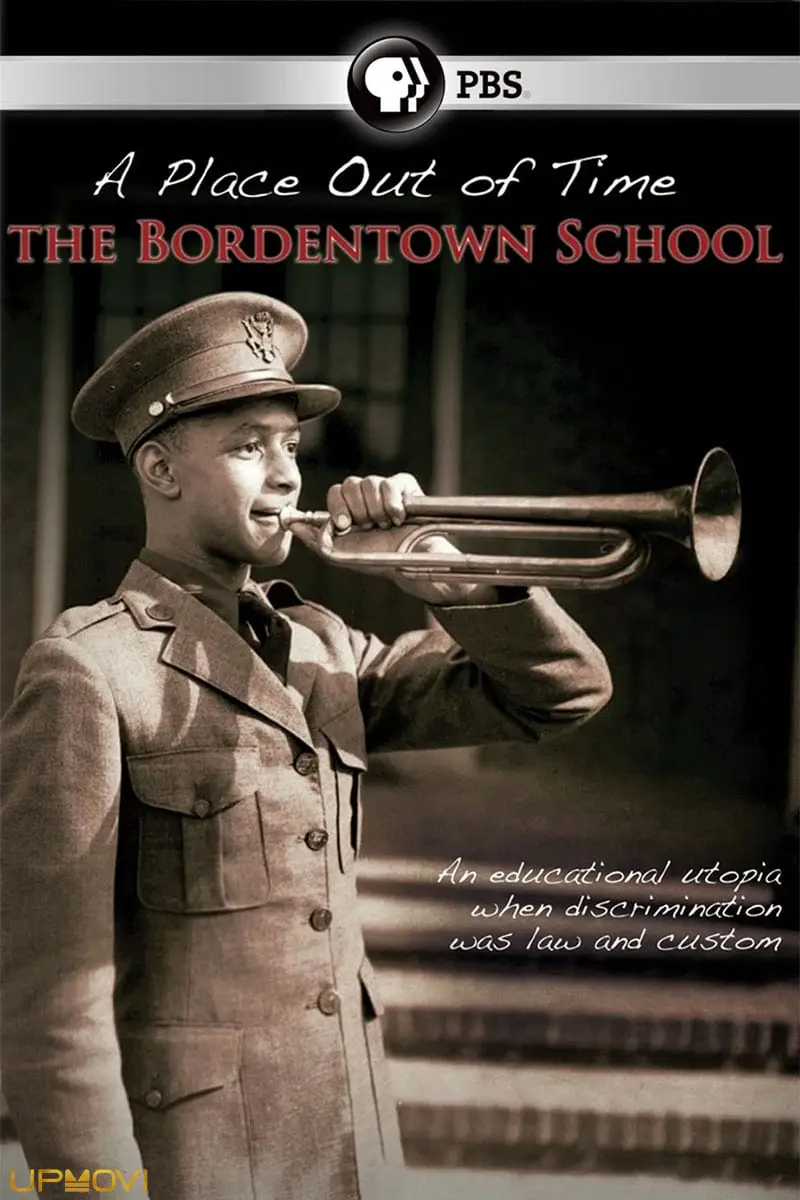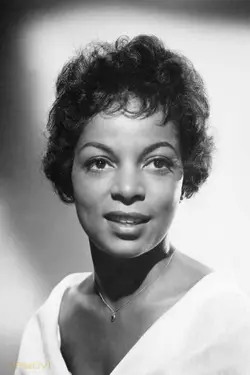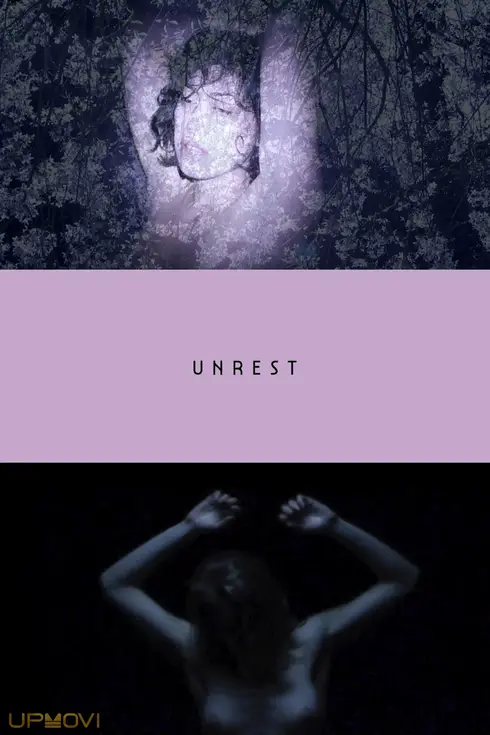
A Place Out of Time: The Bordentown School
Film A Place Out of Time: The Bordentown School
No trailer available.
The Bordentown School was a residential high school for African-American students in Bordentown, New Jersey, United States. Operated for most of the time as a publicly financed co-ed boarding school for African-American children, it was known as the "Tuskegee of the North" for its adoption of many of the educational practices first developed at the Tuskegee Institute in Alabama. The school closed down in 1955.
1-Month Subscription
71 thousand Toman
۲۰٪ discount
59 thousand Toman
31 day
3-Month Subscription
215 thousand Toman
۲۰٪ discount
179 thousand Toman
90 day
POPULAR CHOICE
6-Month Subscription
407 thousand Toman
۲۰٪ discount
339 thousand Toman
180 day
1-Year Subscription
719 thousand Toman
۲۰٪ discount
599 thousand Toman
365 day







